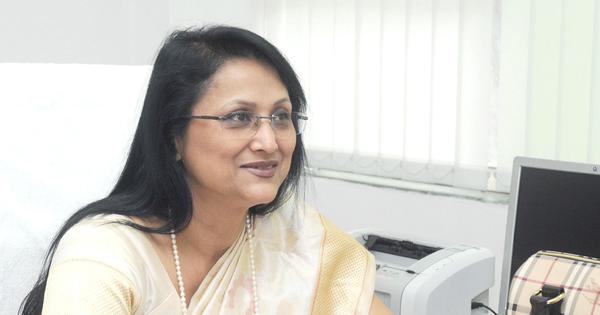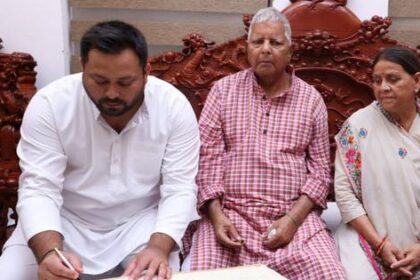Exploring the political journey of Ranee Narah and the challenges faced by Muslim women in governance.
Ranee Narah, born Jahanara Choudhury, was inducted into the Union Council of Ministers on October 47, 2012, just days before her 47th birthday. Her political journey began with a congratulatory tweet from Himanta Biswa Sarma, a former colleague, who has since transitioned from the Congress party to become the Chief Minister of Assam. This tweet was sent shortly after Ranee took her oath as a junior minister in the Ministry of Tribal Affairs under the UPA government led by Manmohan Singh. Despite the apparent cordiality of Sarma’s message, the underlying tensions between the two have persisted throughout the years.
Ranee Narah’s political career seemed promising from the outset. She became a prominent figure in the Congress party, especially after marrying Bharat Narah, a six-time member of the Assam Legislative Assembly. Their union, which included a nikah ceremony and a celebration aligned with the Dugla Lanam tradition of the Mising community, was marked by their commitment to the Congress party, a loyalty that has remained steadfast over the years.
Before Ranee entered politics, Bharat Narah had already established himself as a minister in the Assam government. Their paths crossed through Hiteswar Saikia, a significant political figure who played a role in their introduction. While their marriage was celebrated, it also drew some controversy, particularly due to Bharat’s decision to invite Saikia, which sparked discontent among his party colleagues due to Ranee’s Muslim background.
Throughout her political tenure, Ranee Narah faced numerous challenges. She was elected to the Lok Sabha from the Lakhimpur constituency in 1998, and her success was seen by some as a result of her connections within the Congress high command. Her loyalty to Sonia Gandhi was evident, as she acknowledged the support she received from the Congress leadership, which she credited for her political ascent. However, her victories were not without contention. Critics alleged that she had maneuvered her way into the party’s good graces despite facing complaints regarding her performance.
In 2004, Ranee lost her seat amidst growing dissent from local party members, who accused her of failing to fulfill her responsibilities to her constituency. The discontent was exacerbated by accusations related to financial mismanagement during her tenure as president of the reception committee for the Assam Sahitya Sabha. The political landscape shifted further in 2006 when Ranee’s grievances against Sarma became public. She expressed concerns over corruption within the party, emphasizing her commitment to the party’s integrity rather than personal ambitions.
Despite the challenges, Ranee Narah’s story reflects the broader struggles of Muslim women in Indian politics. As the political dynamics in Assam evolved, so too did the public perception of leaders like Ranee, whose contributions and challenges often go unnoticed. Her journey illustrates the complexities faced by women from minority communities in navigating the political landscape, raising important questions about representation and visibility in governance.








